Discover popular dishes...
"The purposes of food are to provide the body with the nutrients required to produce energy, replenish the worn and impaired tissues, promote tissue growth, keep the body in health, and regulate physiological processes. Essential nutrients like water, protein, fats, carbohydrates, minerals, vitamins, and dietary fibre must be consumed in adequate quantities on regular basis in order that each part of our body may be properly nourished and replenished. In addition, there is no one thing, over which we have control, that has ability to influence our health, physical prosperity, and the well-being of our spirit as the food we eat and share in the company of those we care about and with people who care about us."
~Author: Maya Gavric

Bird eggs are a common food and one of the most versatile ingredients used in cooking. They are important in many branches of the modern food industry. Eggs are wonderful food, an excellent source of protein and a solid source of 14 essential nutrients. Most of the nutrients found in eggs, including half of the protein, are found in the yolk. If you don’t eat the yolk, you’ll be missing out on many of the egg’s nutritional benefits. Find out more about egg dishes...

Of all the articles which enter the list of foods, none are more wholesome and pleasing than the fruits which nature so abundantly provides. Their delicate hues and perfect outlines appeal to our sense of beauty, while their delicious flavors gratify our appetite. Advantage should be taken of the various kinds of fresh fruits during the seasons when they can be obtained from local market, for usually they are more appetizing and many healthy dishes can be made of them... More about fruit...
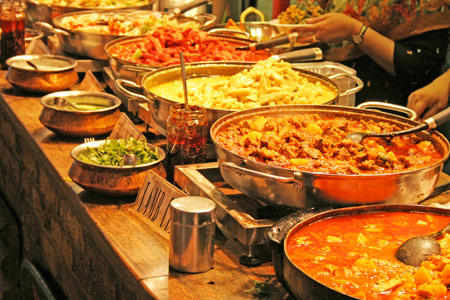
In today's world and global market, the exchange of international recipes and transportation of native foods between countries is rapid. The information about the techniques of food preparation and processing are highly developed and easy to find online, which makes them available to great number of people interested in international food. The result of all this is that we are much more capable of exploiting the natural flavors of a great many international foods, including some once considered the specialties of a short season or imported exotics impossible for the average person to sample or enjoy. More about international dishes...
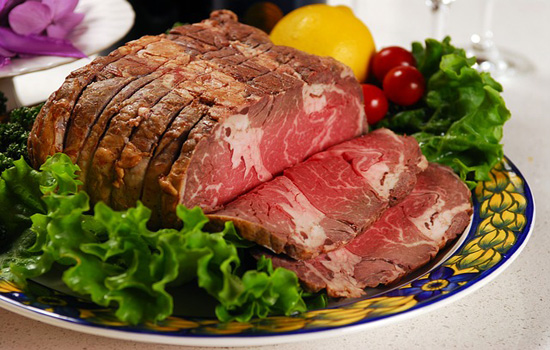
Meat is animal flesh that is eaten as food. In its broadest sense, meat may be considered as any clean, sound, dressed or properly prepared edible part of animals that are in good health at the time of slaughter. Most humans are omnivorous, and have hunted and killed animals for meat since prehistoric times. However, the flesh of carnivorous animals--that is, animals that eat the flesh of other animals--is so seldom eaten by man, that the term meat is usually restricted to the flesh of all animals except these. Find more about meat and meat dishes...
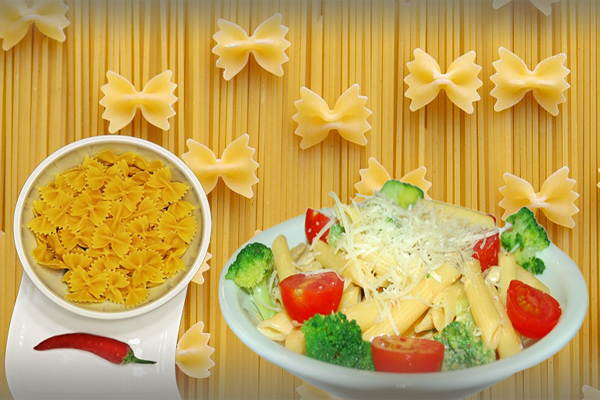
Pasta is generally a simple dish, but comes in large varieties because it is a versatile food item and a staple of traditional Italian cuisine. Pasta is typically made from an unleavened dough of a durum wheat flour mixed with water or eggs, and formed into sheets or various shapes, then cooked by boiling or baking. There is also a gluten free pasta made from brown or white rice flour and/or with some other gluten free flours (like quinoa, millet, sorghum, buckwheat, or some other gluten free flour) in place of wheat flour for those who must or wish to avoid products containing gluten. Usually pastas are divided into two broad categories: dried (pasta secca) and fresh (pasta fresca). Try some of our... More about pasta...
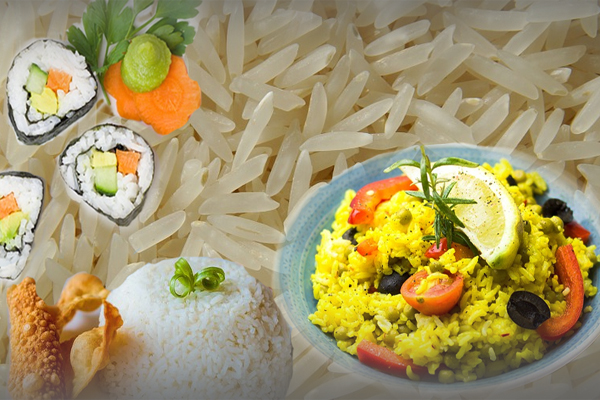
Rice is one of the most important and widely consumed cereal grains in the world. For many cultures, it's not just a grain, but a staple food. Rice is also the most important grain with regard to human nutrition and caloric intake, providing more than one fifth of the calories consumed worldwide by humans and the grain with the second-highest worldwide production, after corn. For over a half of the world's population rice is the predominant dietary energy source. Three of the world’s four most populous nations... More about rice...
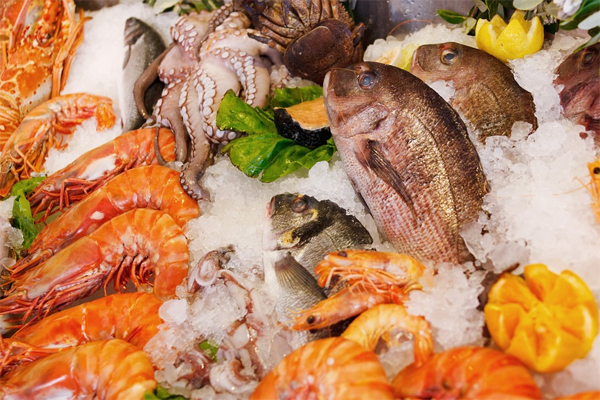
Once having mastered the five primary methods of preparing fish (baking, boiling, broiling, frying and stewing), and learned also how to make tasty sauces, the variety of dishes within the cook's power is great and any cook will know how to prepare any kind of fish. All that is required is confidence in the rules, which are perfectly reliable, and will always bring about a satisfactory result if followed carefully. Fish should be washed quickly in only one (cold) water, and should not be allowed to stand in it. If it is cut up before cooking, wash while whole, else much of the flavor will be lost. More about seafood...

Special occasions and holidays should be celebrated, and the best way to do that is with great food. Food is often at the centre of the celebration of special occasions. Holidays, weddings, birthdays, anniversaries, graduations, promotions, retirements, and funerals take on a special meaning when people come together to share food and drink. That's why we've created this collection of tasty and memorable recipes to help you wow your family and friends. Use, enjoy and make your special occasion food experience one to remember! More about special dishes...
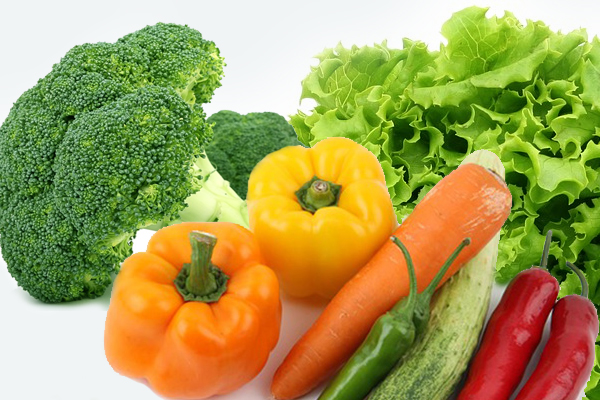
Vegetables, especially green vegetables, hold an important place in the diet, because they contain varying proportions of vitamines (such as Vitamin A, Vitamin K, Vitamin B6 etc), enzymes, carbohydrates, provitamins, and valuable mineral matter. The nutritional content of vegetables varies considerably, though generally they contain little protein or fat. Some vegetables also contain fiber, important for gastrointestinal function. Vegetables contain a great variety of other phytochemicals, some of which have been claimed to have antioxidant, antibacterial, antifungal, antiviral and anticarcinogenic properties. They also contain a high percentage of water and considerable cellulose. Some vegetables contain important nutrients... More about vegetables...

The commonly accepted definition of the term vegetarianism means to abstain from consumption of flesh food (red meat, poultry, seafood and the meat of any other animal), but allows the use of eggs, milk, and its products. Vegetarianism may also include abstention from by-products of animal slaughter. Types of vegetarian diets include: ovo-vegetarian, lacto-ovovegetarian, lacto-vegetarian, semi-vegetarian or partial vegetarian, and vegan. Ovo-vegetarian: Diet consists of plant foods plus eggs but not dairy... Learn more about vegetarianism and vegetarian dishes...